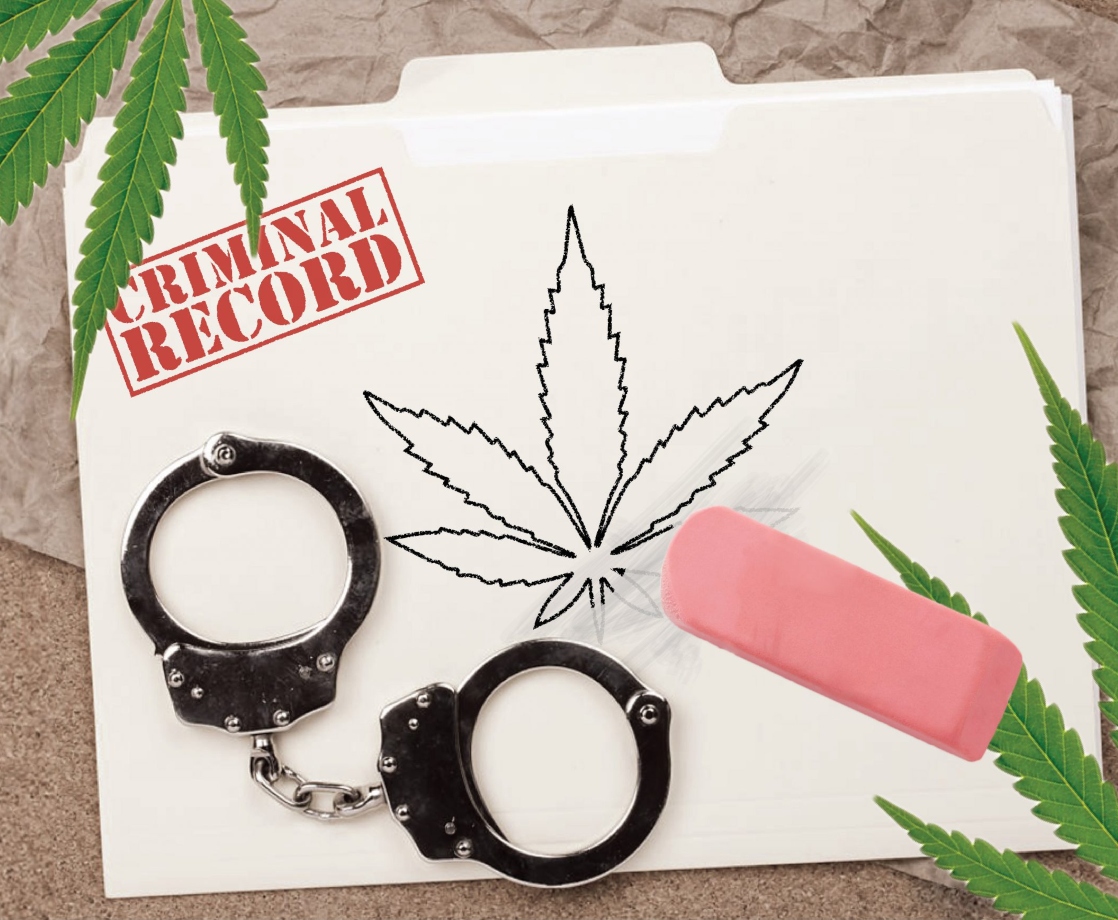Image via
Any New Yorker who has previously been arrested for possessing weed now has a chance to completely erase any criminal records relating to their conviction.
In July of 2019, New York passed a law that decriminalized minor cannabis possession, reducing the penalty to a simple fine instead of jail time and a permanent criminal record. The law also provided retroactive justice for anyone busted for pot possession between 1977 and 2019 by automatically expunging their criminal records.
Since last summer, the state courts have expunged over 150,000 minor possession convictions. The expungement process does not destroy these records, but seals them, effectively preventing employers, landlords, and almost anyone else from seeing them. These expunged records can only be viewed by relevant officials if the former offender applies for a gun owner’s permit or applies to become a cop. (But, honestly, who’d want to do that in 2020?)
On Friday, the New York State Unified Court System announced a new process that will allow former pot offenders to take a step further by completely destroying any evidence of these records. But, unlike the automatic expungement process, this new procedure requires eligible parties to take action on their own behalf. To initiate this process, a former offender must download a one-page application online, fill it out, and then either personally file it in court or mail it in after having it signed by a notary public.
“If you decide to apply for destruction, the arrest, prosecution and criminal history records related to your expunged marihuana conviction are destroyed, and there will be no record of your arrest or conviction for these charges,” the court system’s official website explains. “In other words, it will be like it never happened.”
The courts also warn that the destruction of these case records will also erase the fact that the conviction was actually cleared. “Once your record is destroyed, the Division of Criminal Justice Services (DCJS) can no longer verify that your conviction was vacated, your case was dismissed, and your arrest record was expunged,” the site cautions. “Please consider this consequence carefully, and you may wish to consult with an attorney before applying for destruction.”
With the exception of people who want to buy a gun or become a cop, this extra process is mostly unnecessary. “An individual who is satisfied with the confidentiality that record sealing provides is not required to apply for destruction of expunged conviction records,” court officials explain in a press release. However, some people may still wish to take this final step to completely erase every record connecting them to the senseless and racist prohibition of cannabis.
New York has also been gradually working toward full adult-use legalization, but the process has run into constant delays. Governor Andrew Cuomo, who once opposed legalization entirely, eventually began stumping for legal pot in 2018, but conservative lawmakers have shot down every attempt at legalization. This year, Cuomo rekindled hopes for legal pot, but negotiations were delayed again by the pandemic.
Although efforts to end prohibition in the Empire State have failed so far, lawmakers have at least managed to pass some minor cannabis reform legislation, including the 2019 decriminalization law and a more recent law that protects tenants from being evicted for using medical marijuana.











